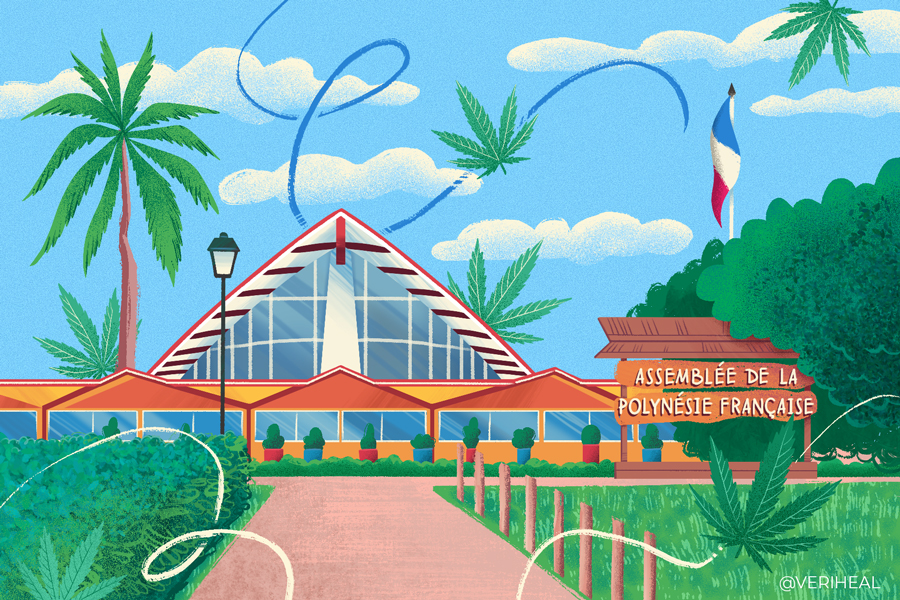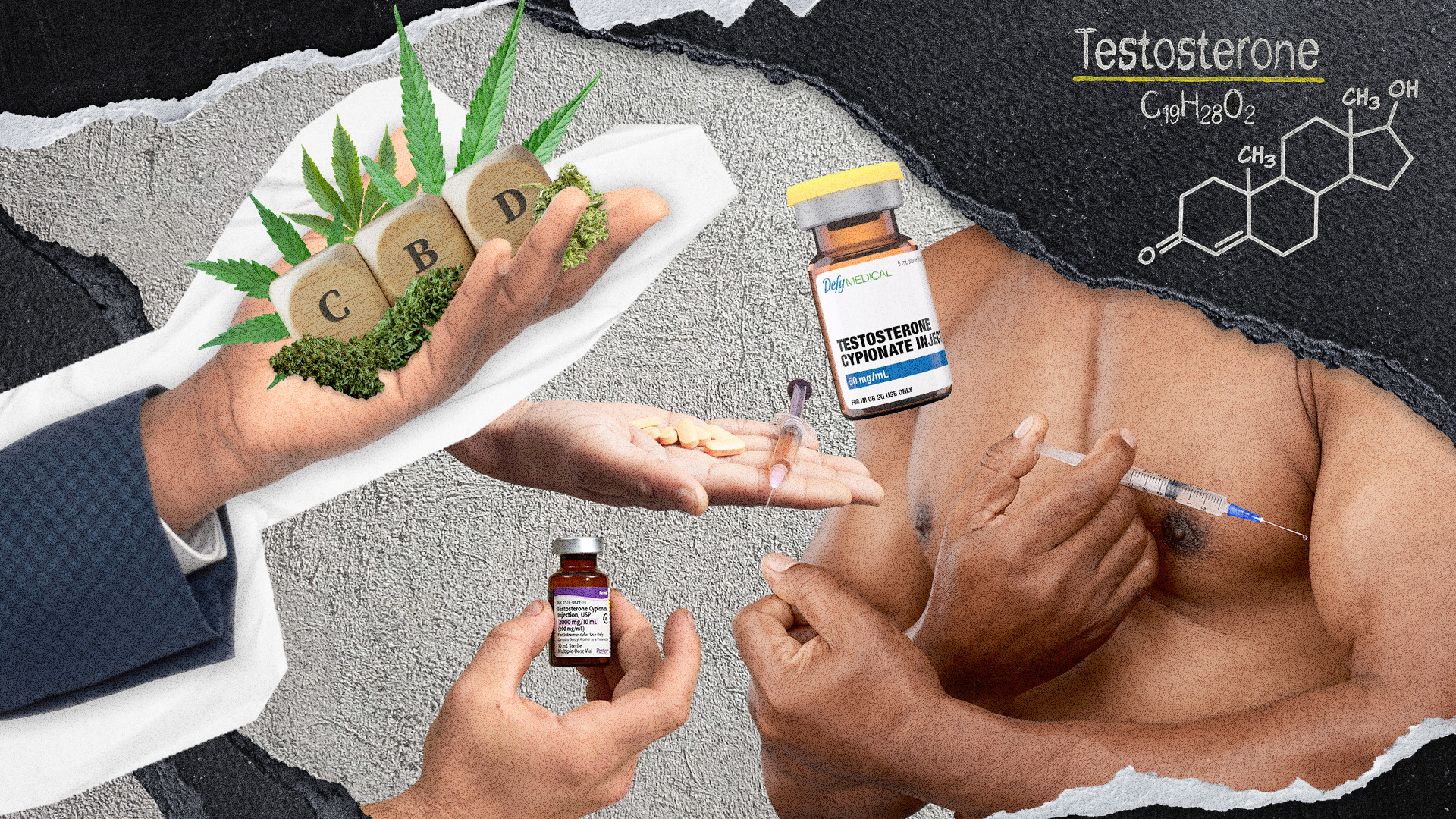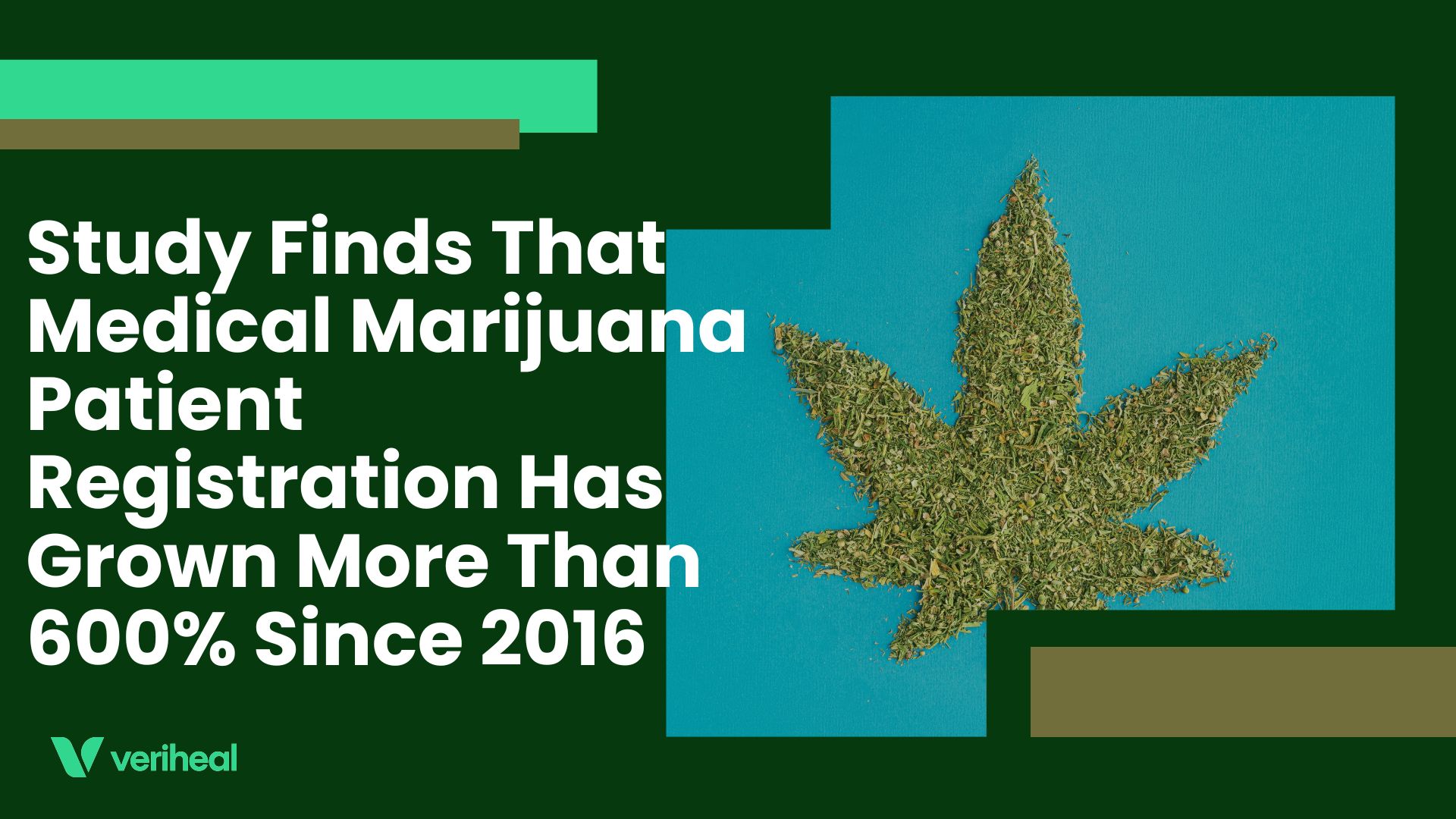The people of French Polynesia can now legally use medicinal cannabis following the local assembly’s approval of a consumption law. The law also permits the agricultural production of cannabis and hemp for industrial purposes, with a heavy emphasis on pharmaceutical crops.
Comprising over 100 islands in the South Pacific, French Polynesia consists of the Austral, Gambier, Marquesas, Society, and Tuamotu archipelagos. This idyllic overseas collectivity of France is famous for its water-floating bungalow hotels, mountainous backdrops, and plunging waterfalls. Now, it’s making a new name in the medical cannabis market.
Despite being an illegal substance, cannabis is one of the most widely used drugs in French Polynesia. Based on the new law, which 33 government members voted on, hemp and cannabis cultivation will fall within the framework of regulations under the International Narcotics Drugs convention.
A total of 20 opposition members voted against French Polynesia’s medicinal cannabis law. According to the territory government, the new law was inspired by pressing local demand for medical cannabis legalization. Planting cannabis for personal consumption or business remains illegal under French law, which applies in French Polynesia.
French Polynesia’s Medicinal Cannabis Law May Be Challenged in France
With territorial elections due in the coming months, the timing of the medicinal cannabis law in French Polynesia is quite interesting. While there has not yet been any sign of France challenging the newly-approved law, it is possible. During the mid-1800s, France was at the heart of the international movement to legalize hashish.
On Feb. 17, France issued a decree authorizing cannabis cultivation for medical purposes. The decree, which maintains the prohibition of cannabis in some instances, came into force on March 1. Another groundbreaking move occurred in March of last year when the European country’s medical cannabis pilot project kicked off. Approximately 3,000 patients who suffer from debilitating conditions like chronic pain and epilepsy will partake in the project, which is due to end in March 2023.
Cirque de Soleil Founder Probed for Cannabis Use in Tahiti
French Polynesia is no stranger to cannabis drug busts and arrests. In November 2019, the founder of the world-famous circus Cirque du Soleil got tangled up in drug charges. Guy Laliberte was slammed with preliminary drug charges after being caught growing cannabis on his private island of Nukutepipi.
Why You Should Get Your Medical Marijuana Card
Veriheal has satisfied millions of patients nationwide by giving them access to these benefits
- Larger purchase limits
- Peace of mind
- Enhanced legal protection
- Access to higher potency strains
- Save up to 25% on cannabis purchases
- Skip the line at the dispensary
The Canadian entrepreneur turned himself into the police, but after being questioned, he managed to leave the courtroom without drug trafficking charges. A self-made billionaire, Laliberte claimed that he uses cannabis for medical purposes and he denied any drug violations.
Yves Piriou was the lawyer who represented Laliberte during his case, which saw him appear before a judge in the South Pacific territory’s capital Papeete on the island of Tahiti. Piriou told the authorities that Laliberte did nothing wrong—a statement that seems more than fitting now that the lagoon-enveloped islands cluster has legalized medical cannabis.
Political Figure Supports Legal Cannabis in Tahiti
Former French Polynesia President Oscar Manutahi Temaru has a good feeling about cannabis legalization in Tahiti. He told reporters at local television station TNTV that he believes Tahiti should legalize the plant and sell it to European tourists.
Legalization, he says, would stimulate job creation and attract millions of dollars worth of annual revenue. As a prominent figure in Tahitian politics, Temaru’s views are respected. The Faʻaʻā native has served as president four times and is currently a member of parliament.
Tahiti is French Polynesia’s largest island. Although the foreign affairs, defense, and legal system are controlled by Paris, the drug laws can be amended at any time by island lawmakers. No permission from the French government is required to change drug laws.
“Foreigners often arrive at out hotels and ask for paka. We know there are countries in Europe that have legalized it, like Spain, Portugal and the Netherlands, so doing the same thing here could be a way of creating jobs for young people, by allowing them to sell it to foreigners,” he told TNTV reporters.
He makes a good point, considering that French Polynesia attracts 20,000 foreign visitors annually. Temaru notes that many of those tourists are cannabis consumers and therefore would be open to purchasing the plant, should it be made legal for sale and use on the islands.
Marijuana, which is called “pakalolo” by the French Polynesians, is seized by local police in large quantities each year. Previous reports estimate the value of confiscated cannabis somewhere in the range of $100 million.
Author, Share & Comments















